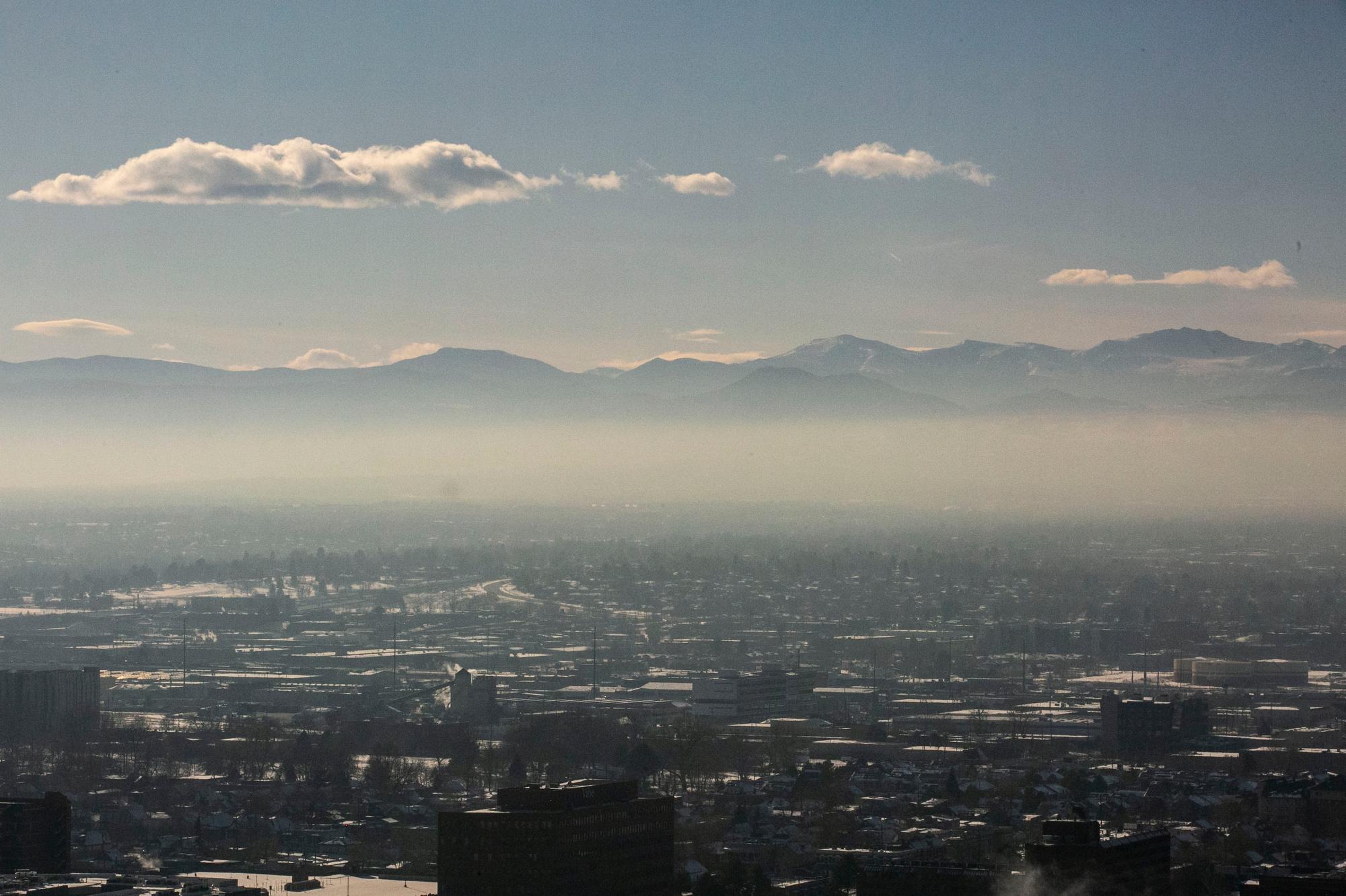
Allegations by state employees that the Colorado Air Pollution Control Division fabricated and suppressed pollution data to issue permits for a gold mine were unsubstantiated, according to a report from independent investigators released Friday.
The national law firm conducting the investigation, hired by the state in response to a formal complaint filed by three employees in April, did find that the agency followed conflicting standards for modeling minor sources of pollution for more than a decade, creating a “confusing” permitting process for coal mines, gas plants and other facilities.
“No evidence has been identified that would suggest that the [division] managers intended to violate the law,” investigators wrote in their report. “While their analysis of the law was incorrect, their actions were understandable, in light of the circumstances.”
In the complaint to the U.S. Environmental Protection Agency, the employees claimed their bosses ordered them to ignore air quality violations in models and created a culture of approving permits “at all costs.”
In a statement, the Colorado Department of Public Health and Environment, which oversees the division, acknowledged “the need for more scientifically sound criteria and a better process for determining when to model minor sources” of pollution.
“Based on the findings, I am looking forward to building a national model around minor source air modeling and permitting,” wrote Jill Hunsaker Ryan, the department’s executive director.
The EPA does not typically require modeling for minor sources when permitting projects, leaving the responsibility to the states, according to the investigation.
Colorado air quality regulators followed two “conflicting” policies for more than 11 years, according to the report. The investigators said that “was not motivated by an intent to circumvent the law,” despite confirming the state-issued permits for projects that had modeled pollution violations.
The agency ended one of those policies — initially a cause for concern in the employees’ complaint — and will rethink its process for modeling minor sources of pollution, department officials said.
Colorado Attorney General Phil Weiser chose Troutman Pepper Hamilton Sanders LLP, a national firm specializing in corporate cases, to handle the investigation.
The firm also found that Air Pollution Control Division Director Garry Kaufman, the state’s top air regulator, violated state policy by failing to disclose a potential conflict of interest over permitting a gold mine near Cripple Creek. Kaufman, previously an attorney for the mining company, disclosed the conflict two and a half years later, according to the report.
Kaufman did not return a call from CPR News requesting comment.
Kevin Bell, an attorney with Public Employees for Environmental Responsibility representing the employees, said he was not surprised by the findings of the investigation, which he said was designed to absolve the department of wrongdoing.
A separate investigation by the EPA is ongoing, Bell said.








